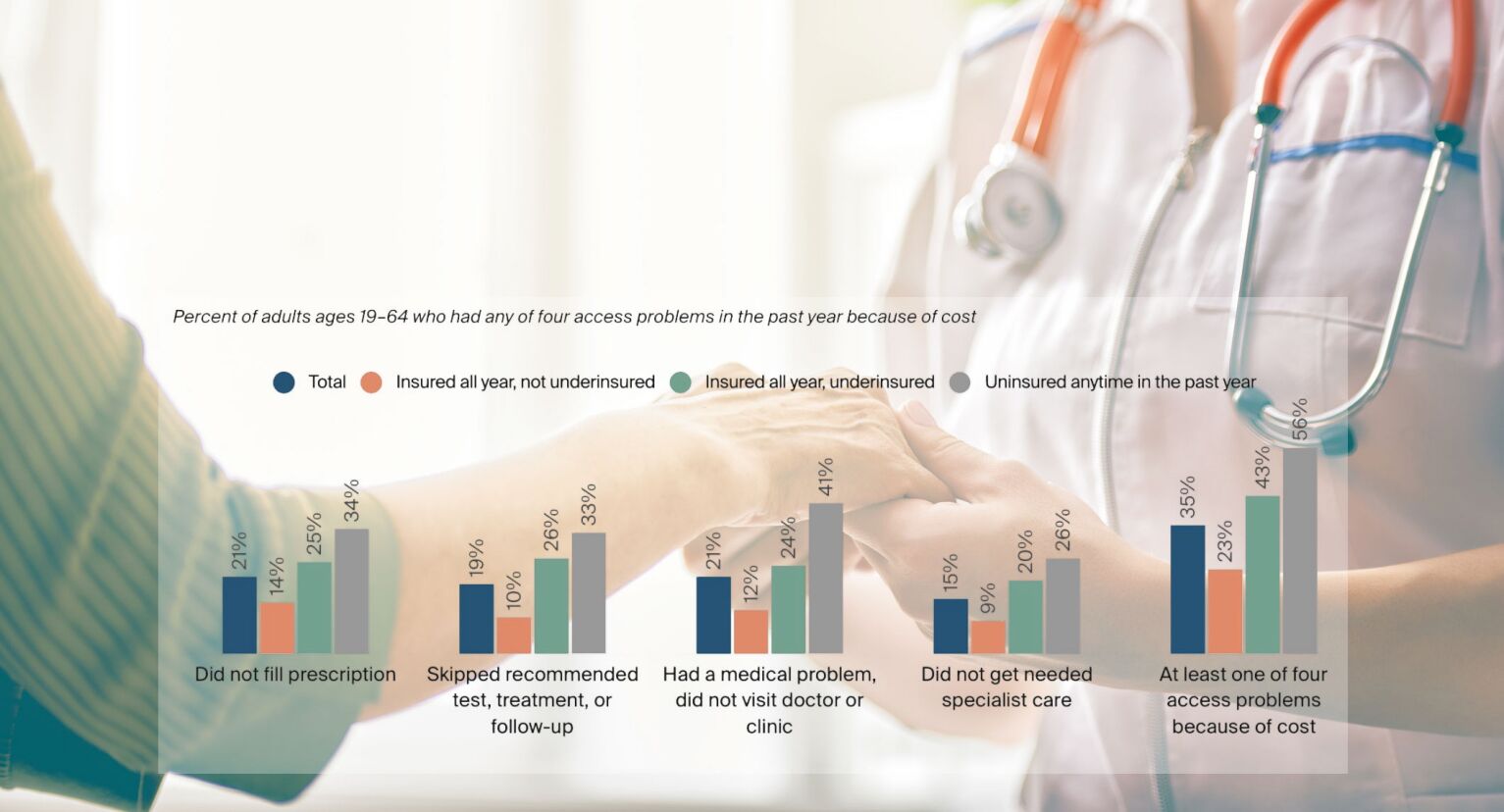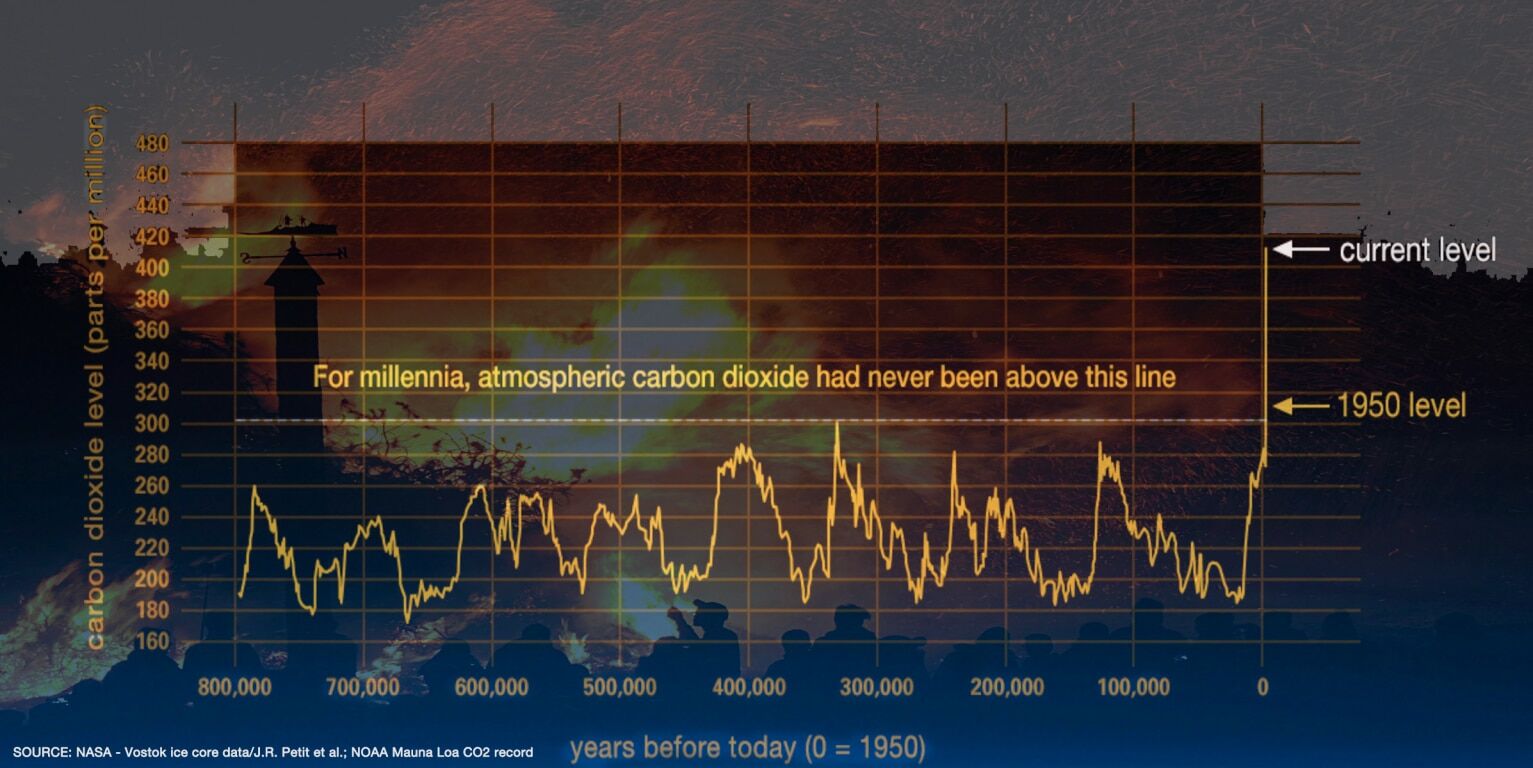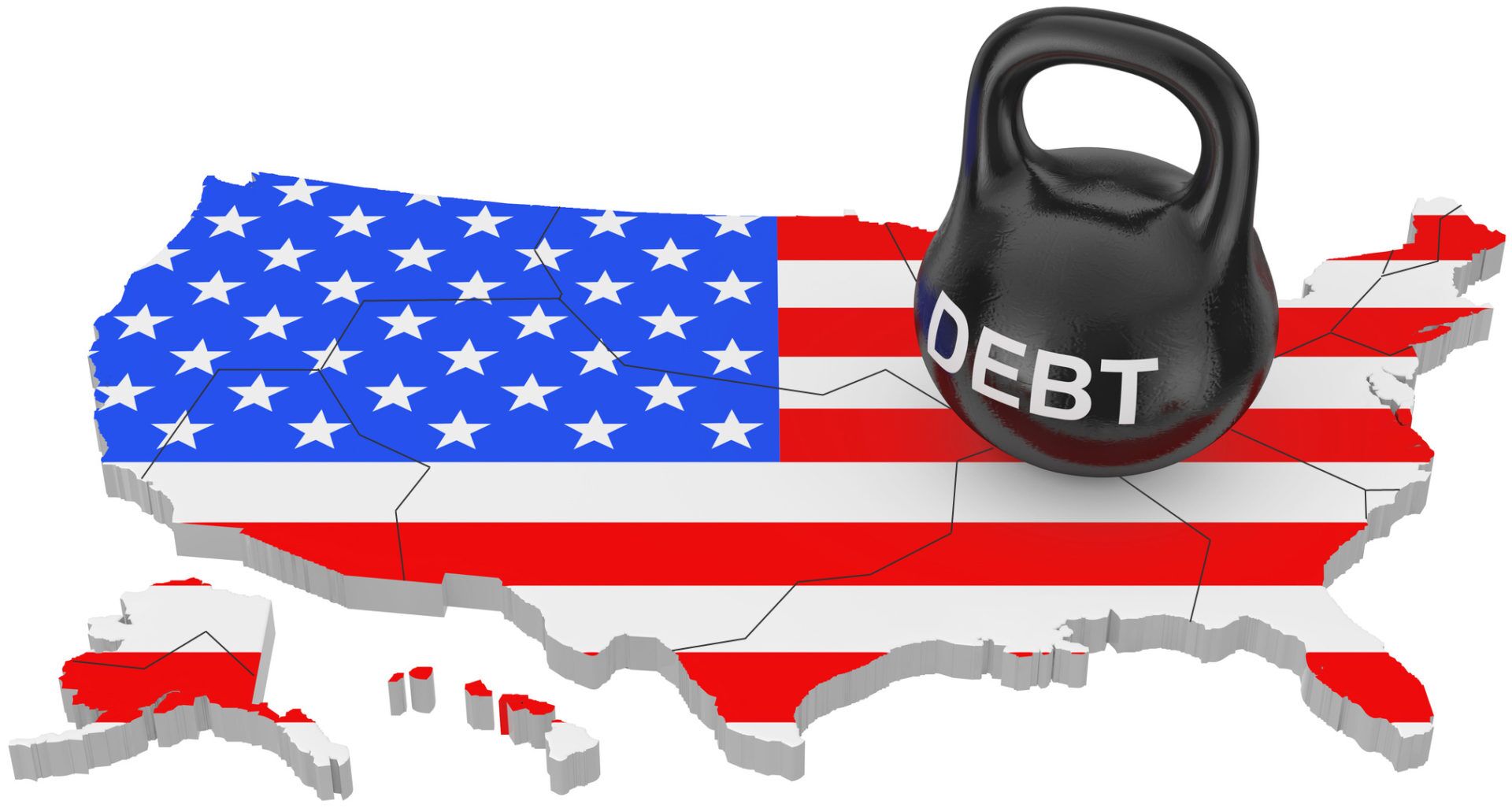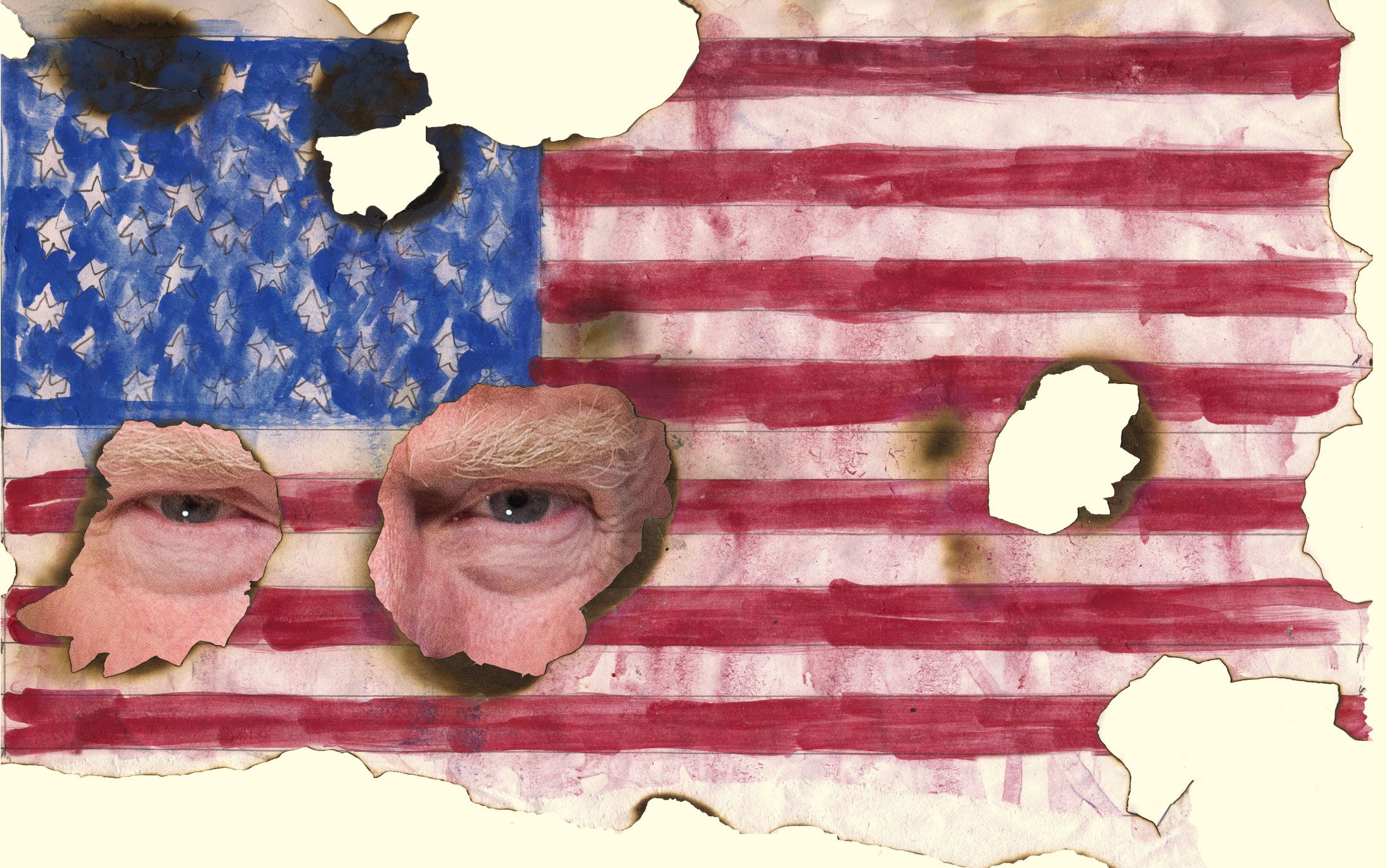Our problem briefs examine systemic problems that affect the health and well-being of our American society. Addressing and solving these problems is the best means of strengthening and sustaining our democratic freedoms and creating a more perfect union. We prepare these intelligence briefs from the best available knowledge to give you, the citizen CEOs of our democracy, a platform for understanding the problems and prioritizing how best to navigate and solve them.
The briefs provide a framework for focusing on and more fully understanding the issues that ebb and flow in the daily news stream. As much as possible, we attempt to identify and filter out the noise – the distractions, the disinformation, and the misdirections that are often designed by special interests and their political mouthpieces to prevent productive discussion and real problem solving. Through this framework, we seek to provide enough common ground to bridge partisan differences and build the political will to accomplish what needs to be done.
In taking this approach, we don’t ignore the tribalism that generates political, religious, racial, ethnic, and other forms of social bigotry that is ever a part of the human condition. We do not believe that these prejudices can be “solved” and eliminated, but we do think our approach can neutralize and push them from the mainstream.

Access to Healthcare
Many Americans lack access to affordable healthcare. Access is limited by high cost, lack of insurance coverage, and a shortage of healthcare providers. Efforts in government to resolve these problems are deeply polarizing and typically provoke powerful industry interests that stand in the way of expanding access. Yet, the complex marketplace for healthcare services doesn’t always incentivize better care for more people.

Climate Change
Climate change is happening now, impacting us faster and sooner than predicted. The increasingly frequent floods, wildfires, and extreme weather events are causing damage in a growing number of communities around the country that are just now realizing the meaning of climate change. The specific damage varies by region, but recent reports indicate the costly impacts of climate change are no longer only predictions of the future. Whether or not you believe in climate change, those predictions are now also descriptions of the present.

National Debt
The national debt has increased in all but four years since 1980. Its ongoing rise reflects an imbalance between tax and spending policies. The higher the debt, the greater the risks – to economic growth and stability and to our ability to address the next economic crisis when it occurs. While the debt may not be the most urgent problem facing the nation, it has the potential to undermine our ability to respond to those issues that demand action such as climate change and access to healthcare.

Threats to Voting Rights
The lie of a stolen election, the January 6 attack on Congress to prevent the certification of the 2020 election results, and the candidacies of hundreds of election deniers is putting at risk the very heart of our democracy – the right of all eligible citizens to vote and have their vote counted. Add in the volatile mix of Americans who now think democracy no longer works and those who no longer support the separation of church and state, and it becomes clear that we are in a struggle to preserve what President Ronald Reagan called “the shining city upon a hill whose beacon light guides freedom-loving people everywhere.”
Briefs to be developed
Income & Wealth Inequality (Preview): Since 1981, there has been a significant and widening gap in income as executive compensation among the largest companies has risen much faster than that of the typical worker. The result has been a growing concentration of wealth that is counter-productive to our market-based consumer economy and also undermines the principles of American democracy.
Money in Politics: Wealth provides political access to the few who possess it and leaves those who lack financial resources with no voice, or a very quiet voice, in the political process. It follows that as wealth shifts to a small percent of the population, so too does political influence. While the US continues to have free elections, in many cases, and especially at the state and national levels, the wealthiest individuals contribute vast sums of money to promote the candidates and policies that they prefer.
Educating for Democracy: The strength of our American democracy lies not with agreement on government policy but with agreement on historical facts and how they’ve shaped our American political, economic, and social culture. Our founders understood that an informed electorate was vital to the future of their democracy, but Americans have constantly struggled with the question, “What should our schools teach our children?” That question has long been the source of a contentious debate around teaching “other people’s children” that has only been resolved by lack of resolution – and produced divergent histories of the nation’s evolution that from time to time have further divided the country and weakened the union, if not threatened its very survival.
Immigration: The increase in the number of immigrants to the US has brought renewed focus to our broken immigration system. Recent efforts to fix the system have again raised questions about the value immigrants bring to our country and who is to be held accountable for the presence of so many illegals. With climate change likely to contribute to even greater numbers of migrants and automation steadily eliminating jobs, we may need to find a new balance between the aspirations of the American melting pot and new economic and environmental realities.

